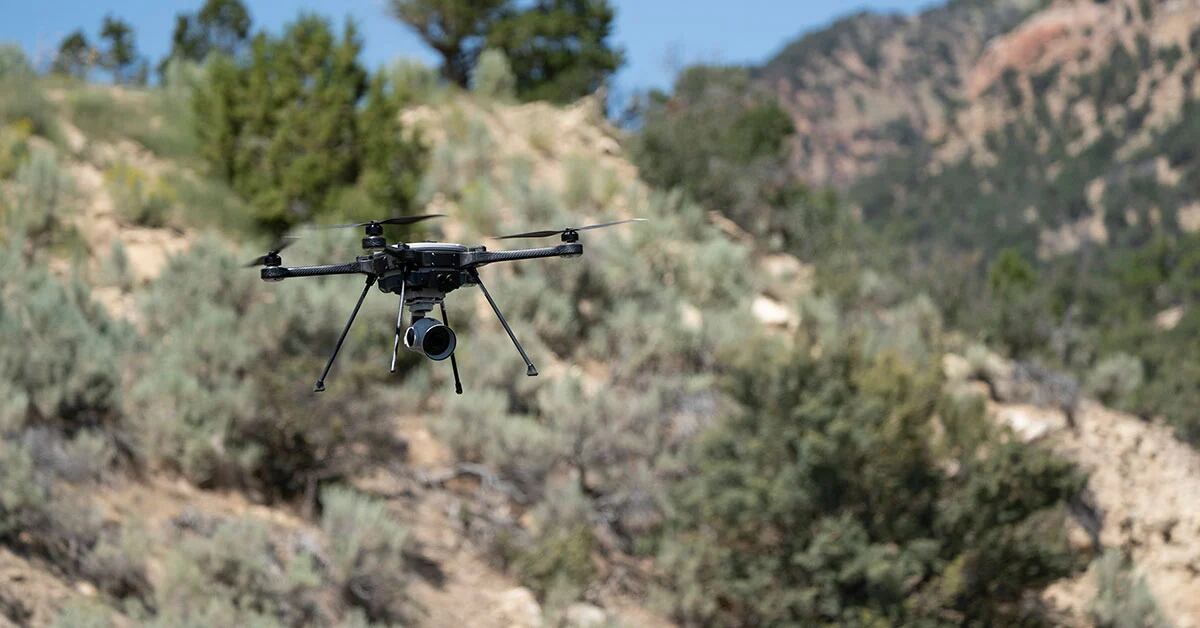WASHINGTON ― Industrial conglomerate Teledyne Technologies Inc. is acquiring FLIR Systems Inc., the sensor and unmanned systems maker, in a cash-and-stock transaction valued at about $8 billion.
The deal is seen as creating a larger new contender for unmanned systems in the air, land and sea ― or for optionally manned systems, as well as nascent Defense Department satellites to detect and track hypersonic missiles.
“At the core of both our companies is proprietary sensor technologies. Our business models are also similar: We each provide sensors, cameras and sensor systems to our customers,” Teledyne Executive Chairman Robert Mehrabian said in a statement Monday. “However, our technologies and products are uniquely complementary with minimal overlap, having imaging sensors based on different semiconductor technologies for different wavelengths.”
The deal is expected to close in the middle of this year, pending regulatory approvals.
RELATED

Cowen analyst Roman Schweizer said in a note to investors that it’s unclear how regulators under the incoming Biden administration will regard the pending merger, but he speculated DoD could favor the creation of a “healthy midtier competitor” for larger defense firms. Businesswise, the combined company provides better positioning in growing areas of the Pentagon’s budget: advanced sensors and unmanned systems.
“While DoD’s budget may be flat to even down over the next five years, we think these two important segments will be net winners and could see growth,” Schweizer said.
Teledyne’s strong products in space-based infrared sensors and undersea unmanned vehicles should mesh well, Schweizer said, with FLIR’s airborne and ground infrared sensors and its unmanned platforms, through FLIR’s acquisitions of Endeavor and Aeryon in 2019.
The combined company, he said, could be a prime or key supplier for DoD plans to optionally man traditionally manned platforms using a combination of sensors and artificial intelligence, for nascent satellites to detect and track hypersonic missiles, and for the Army and Navy’s pushes into unmanned systems.
The Army’s heavy common ground robot has reached full-rate production in November, less than a year after FLIR Systems won the contract to deliver the system. The Kobra robot, to serve as the Army’s Common Robotic System-Heavy system in a contract worth up to $109 million, is a contender for a similar Air Force program.
Joe Gould was the senior Pentagon reporter for Defense News, covering the intersection of national security policy, politics and the defense industry. He had previously served as Congress reporter.








